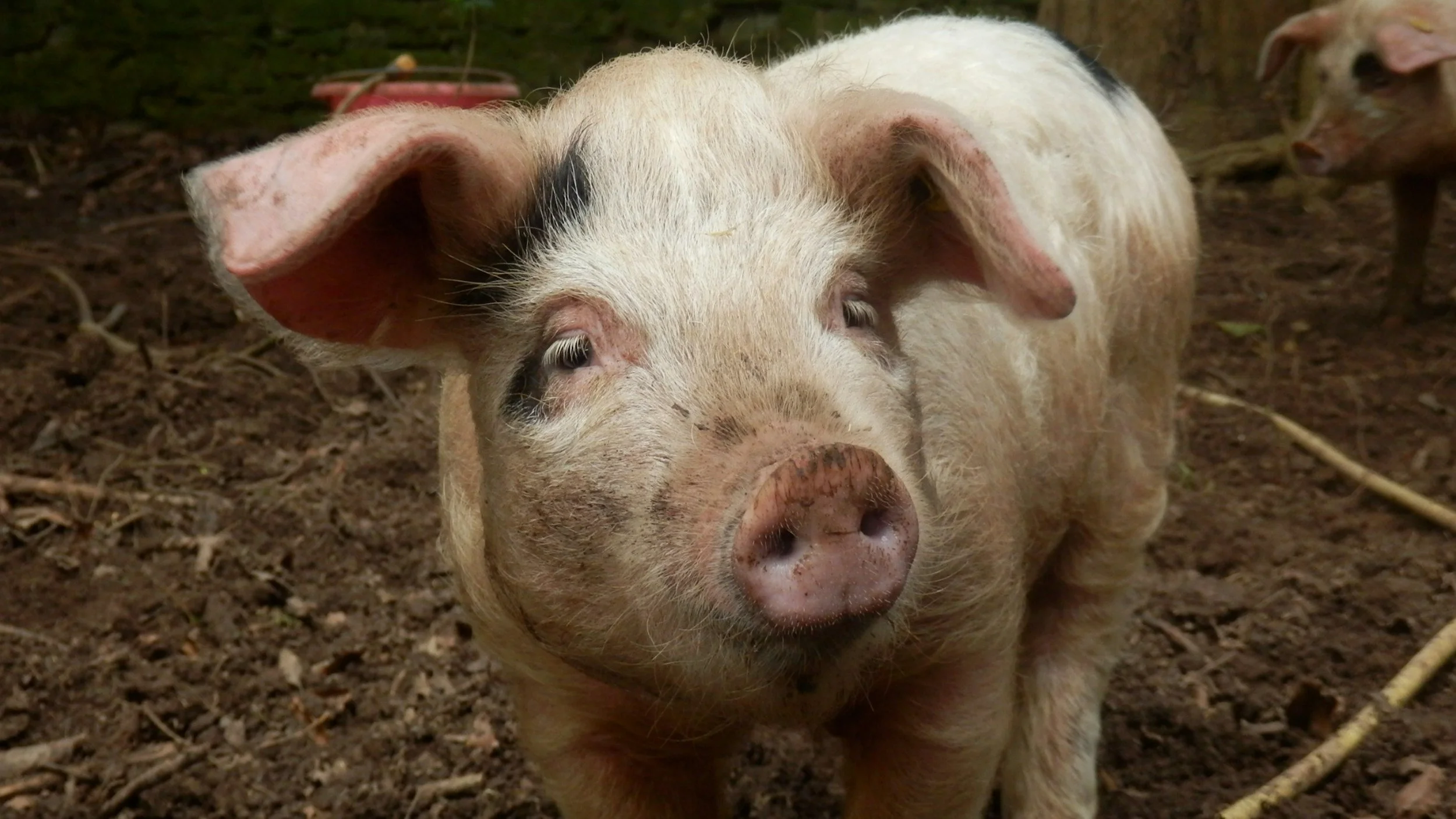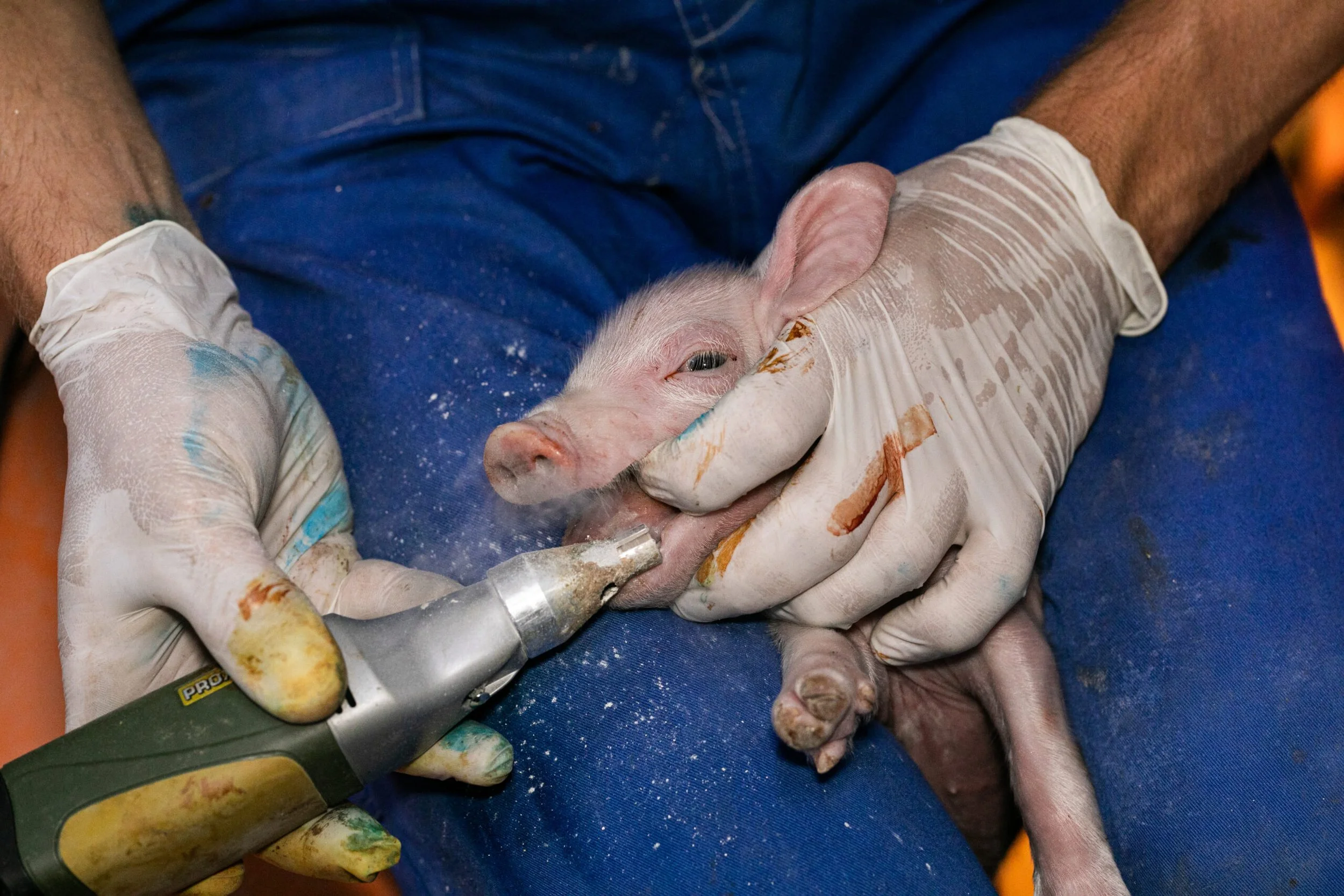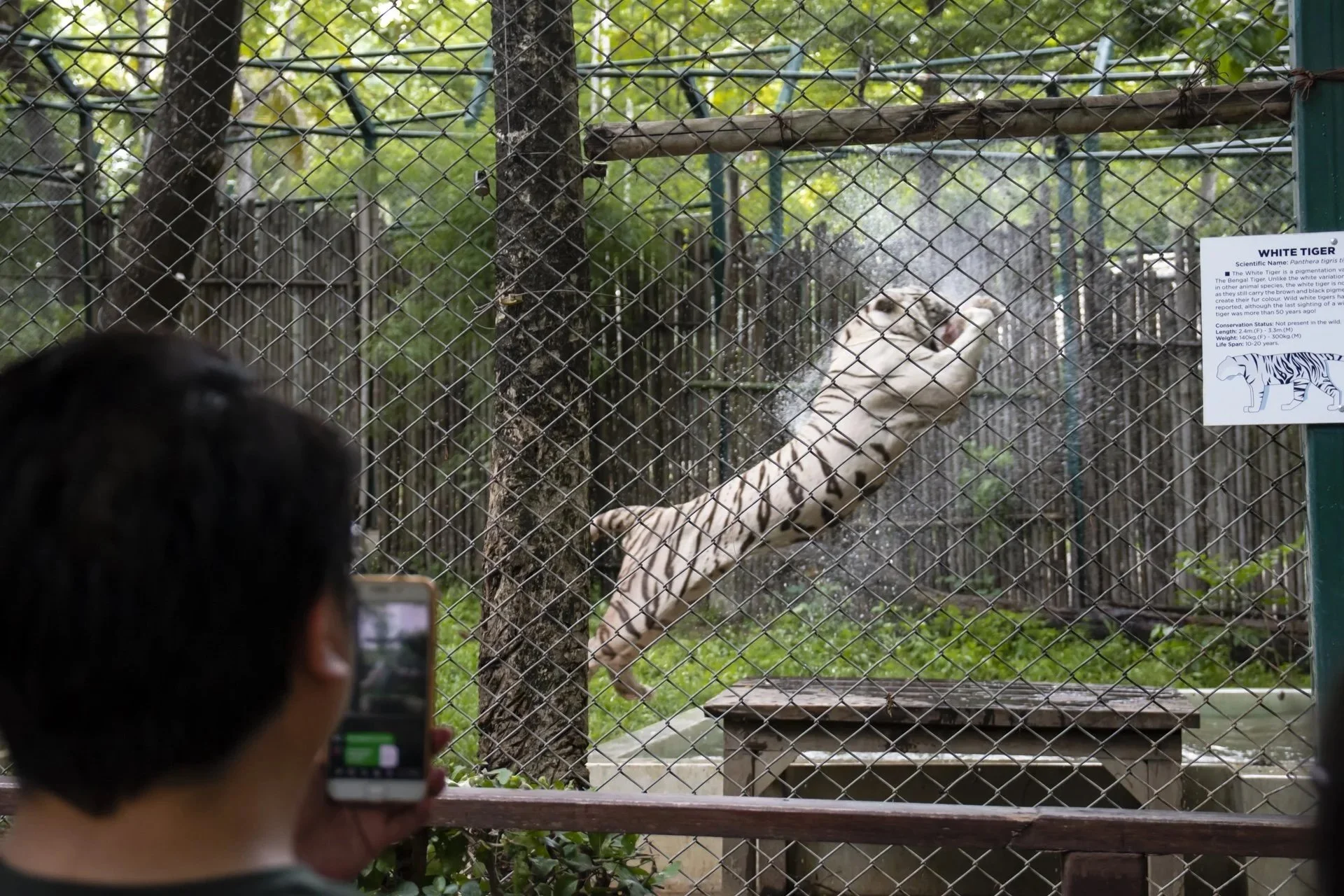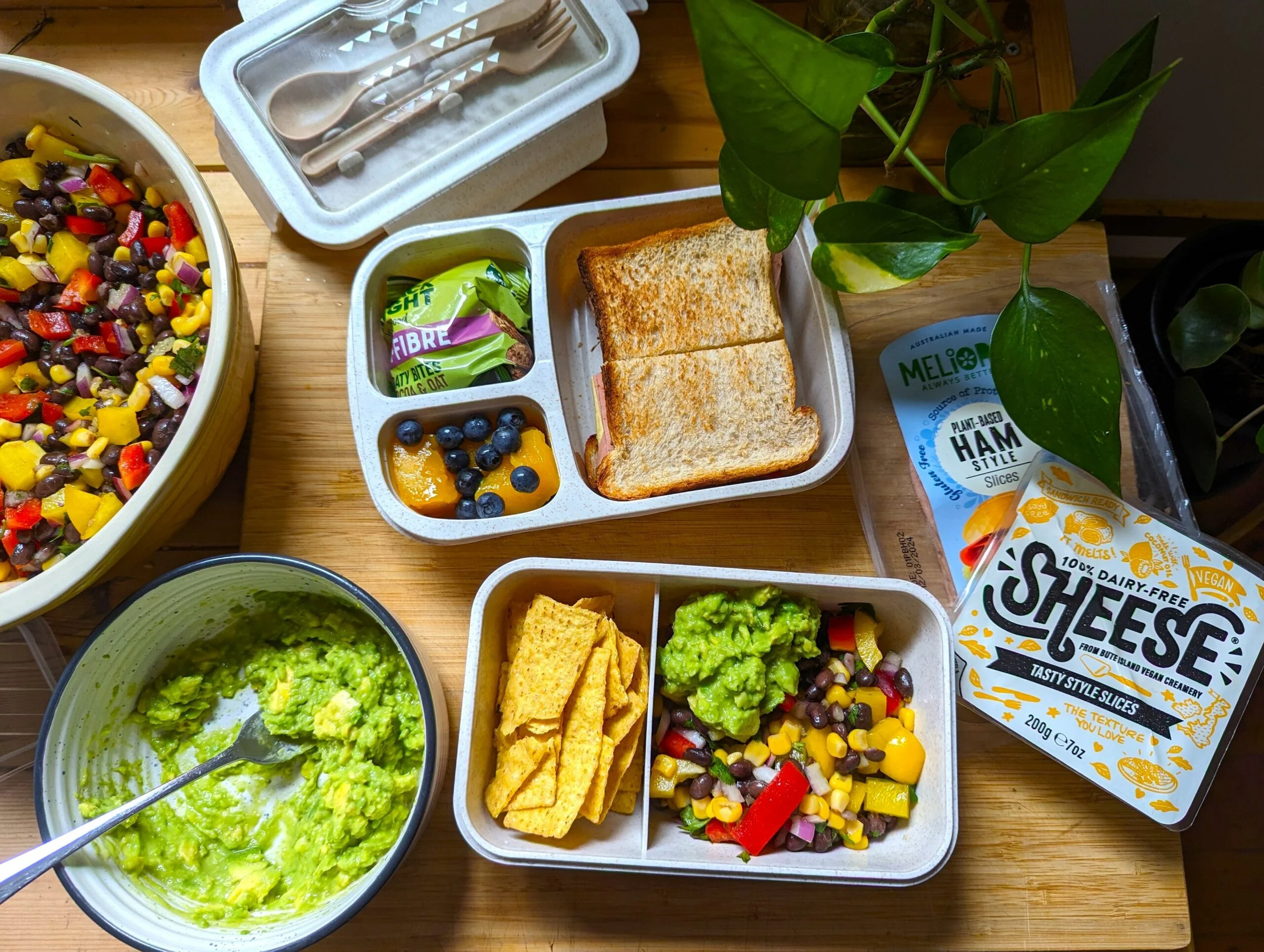Animal suffering must now be declared on food products in Switzerland
Under the new law, food businesses must disclose whether the animal products they sell come from animals who were mutilated without the use of anesthetic or stunning.
New legislation in Switzerland means businesses must declare if their food is produced from animals who experienced “painful procedures”.
Taking effect on July 1 and allowing a two-year transition period, the law requires that food companies, grocers, and restaurants label whether the animal products they sell come from animals who were mutilated without anesthetic and stunning.
The new legislation has been introduced by the Swiss Federal Council, which is the highest executive authority in the country, and is designed to help customers make more informed food choices, while encouraging the animal farming industry to improve their practices.
“When purchasing animal products such as meat, milk, or eggs, consumers will in future have access to additional information about the production method,” the Federal Council said. “This will enable them to determine whether these foods were produced using painful procedures without the animals being anaesthetised beforehand.”
According to a government statement, this includes beef from animals that have been castrated or dehorned without anesthesia, pork from pigs subjected to castration, tail docking, or teeth clipping without pain relief, and eggs and meat from chickens and hens whose beaks were clipped without anesthesia. It also covers milk from cows that were dehorned without pain relief and frog legs cut off without anesthesia.
These procedures are standard practice in the global animal farming industry, which kills more than 80 billion land animals, and over one trillion fish, every year.
Photo: Andrew Skowron/Open Cages
The new law will also apply to foie gras. Although force-feeding ducks and geese has been banned in Switzerland for more than 40 years, imported products will now be required to disclose and explain how foie gras is produced, making clear that it involves the forced feeding of animals to enlarge their livers.
Alongside the new labeling regulations, Switzerland has also become the first European country to ban the import and sale of fur produced under cruel conditions. Fur from animals kept in wire-floor cages, as well as pelts obtained through hunting methods will now be prohibited.
Switzerland’s 2023 climate strategy encouraged citizens to adopt diets with less meat as part of a broader effort to cut carbon emissions and meet the country’s 2050 climate goals.
Speaking to the media at the time, Michael Beer of the Federal Office for Food Safety and Veterinary Affairs (FOSV) said: “Two to three portions of meat a week is a maximum from a health point of view. We are eating three times too much.”
Now in 2025, public attitudes appear to be shifting. A study published earlier this year found that the proportion of households consuming animal products without any restrictions has dropped by around 7 percent since 2022, now sitting at approximately 64 percent.
Want to eat more plants? Sign up for Species Unite’s 30-Day Plant-Powered challenge to receive free advice, recipes and support straight to your inbox for an entire month. Take part here.
We Have A Favor To Ask…
Species Unite amplifies well-researched solutions to some of the most abusive animal industries operating today.
At this crucial moment, with worldwide momentum for change building, it’s vital we share these animal-free solutions with the world - and we need your help.
We’re a nonprofit, and so to keep sharing these solutions, we’re relying on you - with your support, we can continue our essential work in growing a powerful community of animal advocates this year.





In most U.S. prisons, inmates cannot legally obtain plant-based food - even if they offer to pay for it themselves.